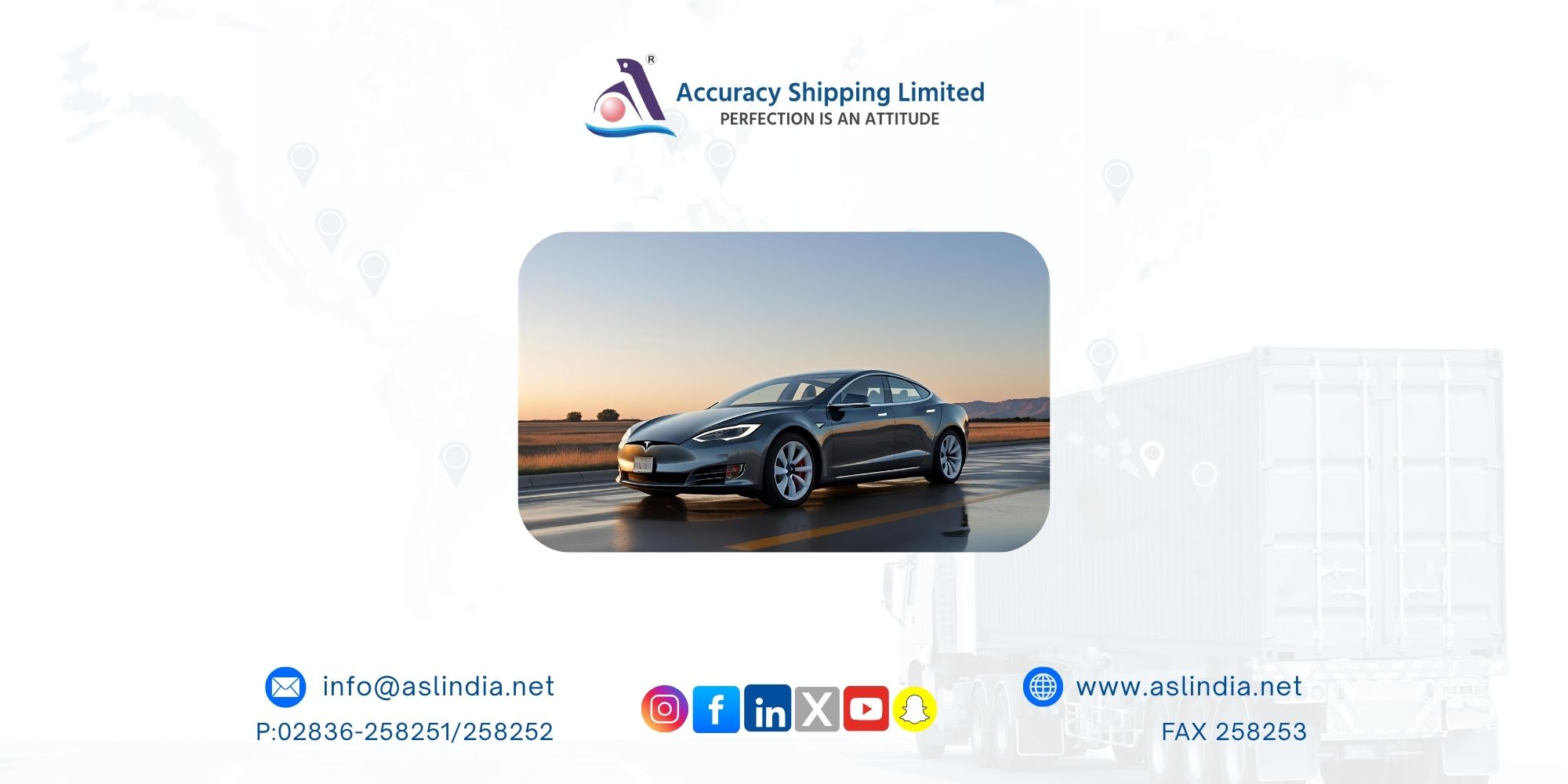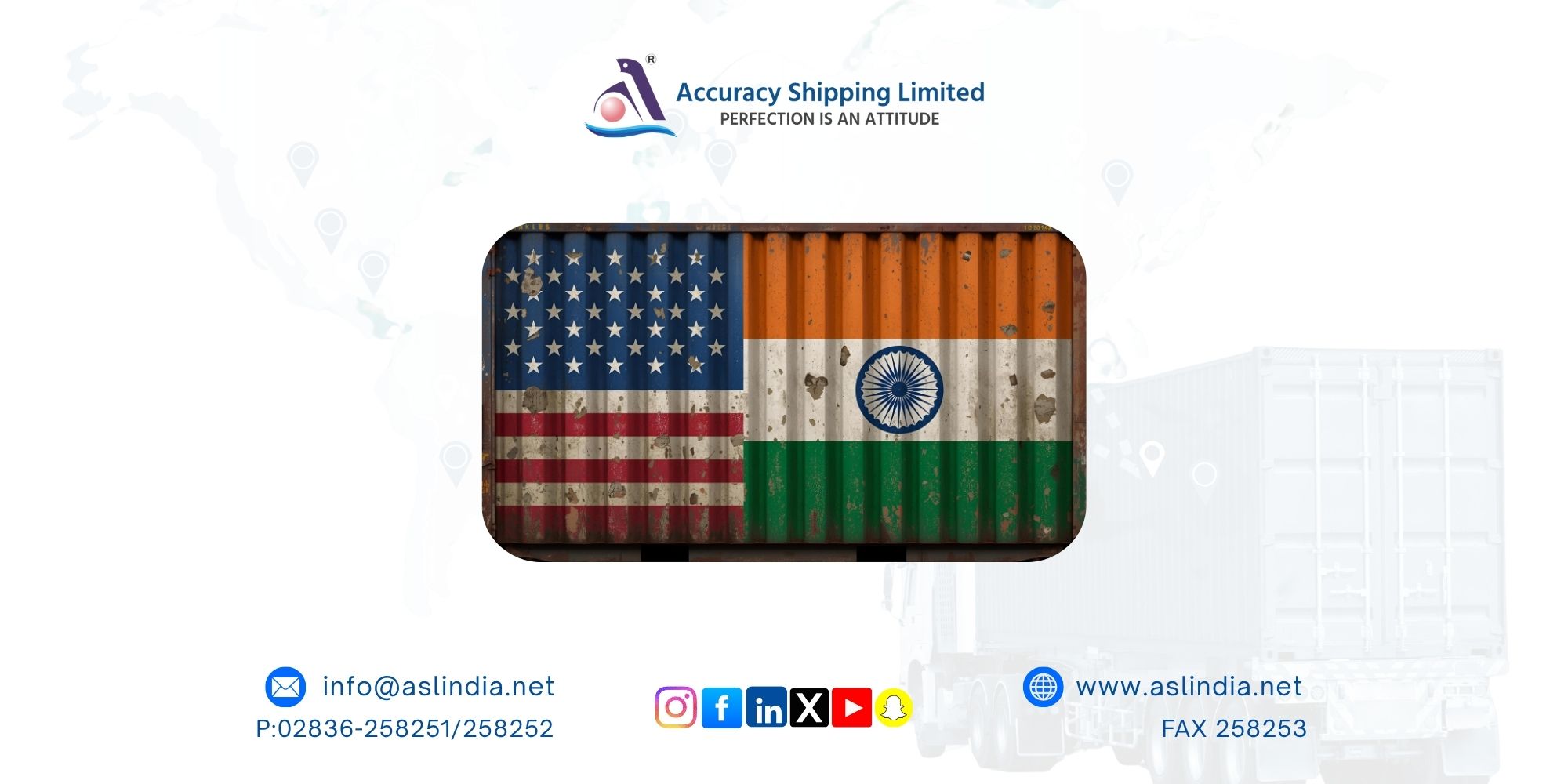Tesla found partly to blame for fatal Autopilot crash

In a case that could have major implications for the future of autonomous vehicle technology, a Florida jury has found Tesla Inc. partly liable for a deadly 2019 crash involving its Autopilot software. The verdict marks the first time a jury has held Tesla legally accountable in such a case and has led to the company being ordered to pay up to $243 million in damages.
The Tragic Incident
The case stems from a devastating crash in the Florida Keys where a Tesla Model S sedan, reportedly operating under the company’s Autopilot driver-assistance system, struck and killed 22-year-old Naibel Benavides Leon and severely injured her boyfriend, Dillon Angulo. The driver, George McGee, was said to have lost sight of the road after dropping his phone, failing to brake as the car sped through a T-intersection and collided with a parked SUV near the couple.
Neither the driver nor the Autopilot system intervened in time, a point that became central to the lawsuit.
Jury’s Decision and Damages Awarded
After a three-week trial, the jury awarded a total of $329 million in damages:
$129 million in compensatory damages
$200 million in punitive damages intended to deter Tesla from future negligence.
Tesla is held responsible for one-third of the compensatory damages (approximately $42.5 million) and the entirety of the punitive damages, although the company asserts those are likely to be capped by legal limits.
Autopilot Under Fire
The plaintiffs argued that Tesla’s Autopilot software failed to act, and that it should have alerted the driver or automatically braked to prevent the collision. Tesla countered that Mr. McGee was at fault, noting that he was speeding, had his foot on the accelerator, and admitted to being distracted by his phone.
In a statement to the BBC, Tesla called the verdict “wrong”, saying:
“Today’s verdict is wrong and only works to set back automotive safety and jeopardize Tesla’s and the entire industry’s efforts to develop and implement life-saving technology.”
Tesla maintained that no car available in 2019 or today could have prevented the crash and that the incident had nothing to do with Autopilot.
Misrepresentation of Capabilities?
However, the jury appeared persuaded by arguments that Tesla and CEO Elon Musk misrepresented Autopilot’s capabilities. Plaintiffs’ attorney Brett Schreiber criticized the company for allowing the software to be used on roads for which it wasn’t designed:
“Tesla designed Autopilot only for controlled-access highways yet deliberately chose not to restrict drivers from using it elsewhere, alongside Elon Musk telling the world Autopilot drove better than humans,” said Schreiber.
He further stated that Tesla had "turned our roads into test tracks for their fundamentally flawed technology.”
Broader Implications for Tesla
The decision could be a tipping point in public and legal scrutiny of Tesla’s autonomous systems. The company has already settled other fatal crash cases privately, such as a 2018 crash involving an Apple engineer in a Model X. However, this Florida case is the first to go before a jury and it sets a precedent.
Critics of Tesla's self-driving ambitions welcomed the verdict. Missy Cummings, a robotics professor at George Mason University, stated:
“Tesla is finally being held accountable for its defective designs and grossly negligent engineering practices.”
Tesla’s shares slipped nearly 2% following the verdict, amid broader concerns about declining sales and Elon Musk’s polarizing public image.
What's Next?
While Tesla plans to appeal the ruling, the case underscores rising tensions between technological innovation and public safety. As Tesla and other companies race to deploy autonomous systems, this landmark ruling highlights the critical need for accountability, regulation, and transparency.
As the debate around self-driving cars intensifies, one thing is clear: the road to autonomy must be paved with responsibility not just innovation.







